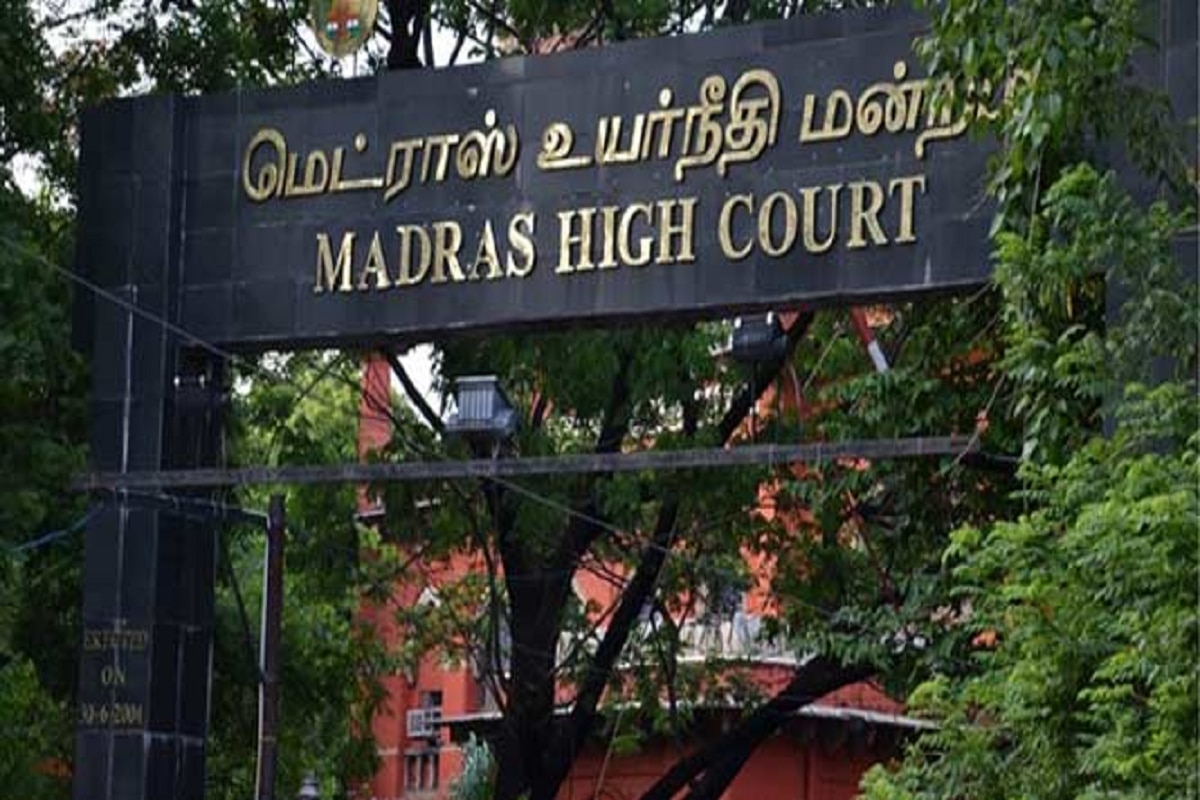Madurai: The Madras High Court cited the Official Languages Act and directed the Centre to reply in English if the representation is made in the said language, saying it was the “duty” of the Union government to do so. The plea was filed against the Centre by Madurai CPI-M MP Su Venkatesan who had earlier received a reply in Hindi from the Union Home Ministry in response to a query regarding setting up examination centres for CRPF recruitment in Tamil Nadu.
In his plea, the MP had sought a direction to the Centre that it should only use English language in all communication between central and state governments.
Responding to the PIL, Justices N Kirubakaran and M Duraisamy said that according to the Constitution every person was entitled to give representation in any language used in the Union or the state.
The Official Languages Act also says the same, they said on Thursday.
“It is the duty of the Union government to reply in English if representation was given in that language,” the bench said.
In a tweet, the CPIM MP said the court had directed that if elected representatives write to the Centre in English, the reply should be given only in the same language.
“Tamil Nadu has not set up an examination centre in Pondicherry for the written test to fill 780 vacancies in Group B and Group C. So I sent a letter on October 9 to the Ministry of Home Affairs asking them to set up at least one examination centre in these areas,” read the petition by Venkatesh.
“The Minister of State for Home Affairs had sent a reply in a letter written in Hindi on November 9. Thus I could not know what they were saying in it,” it said.
Hearing the PIL, the bench said, “Answering in Hindi is a violation of the law. The people of Tamil Nadu continue to respond in Hindi to letters sent to the central government asking them to address their grievances. This is contrary to constitutional legal rights and the Official Languages Act of 1963.”
“MPs from non-Hindi speaking states are violating the rights. Therefore, letters should not be sent in Hindi to the government of Tamil Nadu, Members of Parliament of Tamil Nadu and the people of Tamil Nadu. The central government should send letters only in English. It should also order action against officials who violate the rule,” it stated.
The order issued by the bench said, “Mother tongue is very important. Basic education should be provided in the mother tongue. But at present, the emphasis is on the English way of education. The English language is given more importance in economic terms.”
The bench stated whatever the message, the explanation is complete only when it is understood in the mother tongue.
“The government should realise the importance of each language and take appropriate steps for their development,” said the Bench.
The central government has stated that it has no intention of violating the rule.
(With inputs from PTI & ANI)
